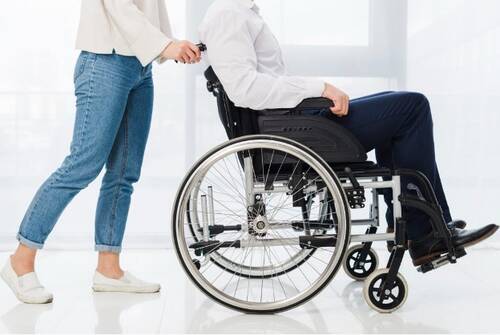Disability Research, Legal-Malpractice / 18.01.2025
These 5 Medical Tests Can Make or Break a Social Security Disability Claim
Many people assume that they’ll automatically be approved for Social Security Disability benefits if their doctor says they can’t work. In reality, it’s not so straightforward. The Social Security Administration (SSA) requires a lot more objective medical evidence before deciding if you qualify.
When it comes to proving a disability claim, certain medical tests carry much more weight than others. In this article, we’ll look at five categories of tests that could potentially make or break your case.



